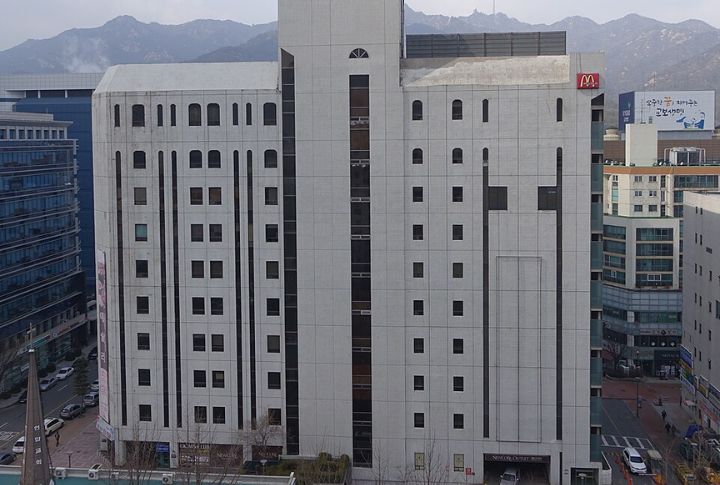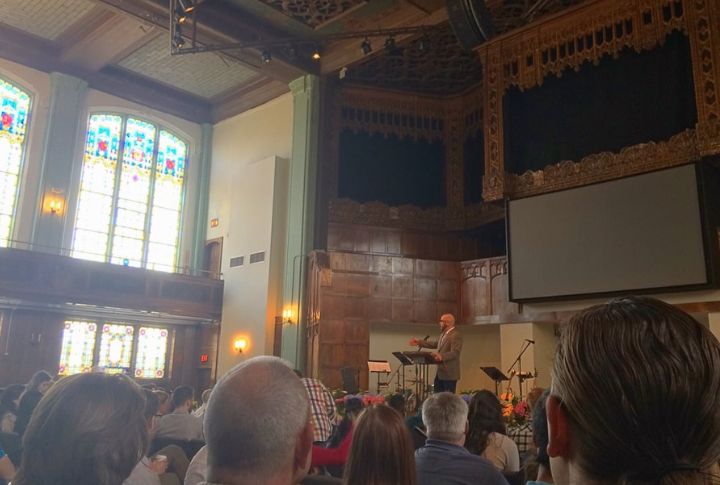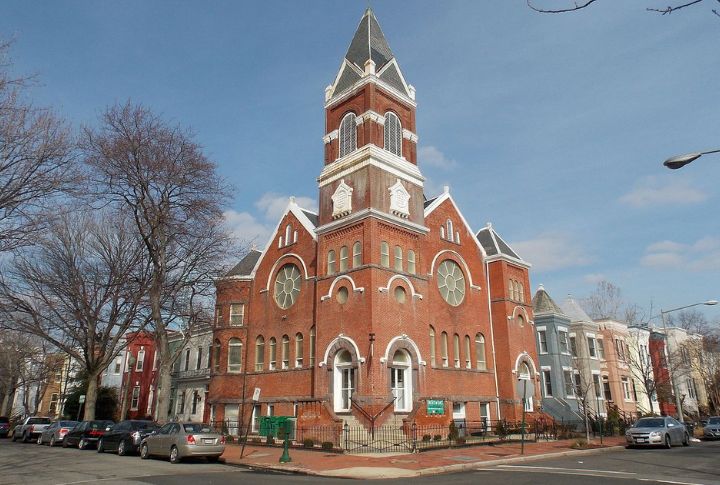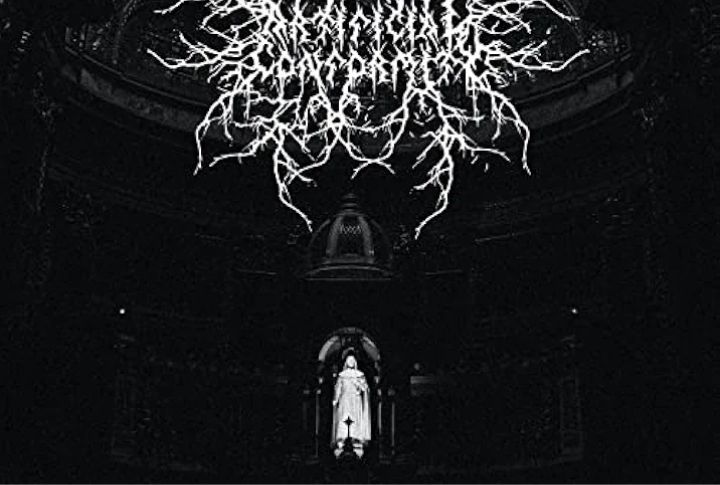
Some of the most dangerous cults still active today operate in plain sight, usually under the guise of spiritual enlightenment, self-help, or community service. These groups manipulate vulnerable individuals, leading to psychological harm, financial exploitation, and, in extreme cases, violence. If you’re unaware, here’s your chance to discover ten such modern cults that continue to pose threats to individuals and societies worldwide.
7M TikTok Cult

Operating under the guise of a talent management company, 7M has been accused of exploiting young dancers. Allegations include financial control, isolation from families, and psychological manipulation. A Netflix docuseries details these claims as it sheds light on the group’s alleged cult-like behavior.
Shincheonji Church Of Jesus

A casual chat at a university campus could be the first step into this South Korean group’s labyrinth. Targeting students through ambiguous Bible studies, recruiters often withhold the group’s true identity. In Australia alone, dozens reported psychological manipulation after joining. Shincheonji’s tactics have sparked widespread concern and multiple investigations worldwide.
Grace Road Church

What happens when a religious group claims to have found the Promised Land—in Fiji? Nearly 400 followers relocated from South Korea under that belief. Many later described physical abuse, confiscated passports, and forced labor. Despite the founder’s 2019 conviction, affiliated businesses still operate across the island nation.
World Mission Society Church Of God

Fear, guilt, and secrecy form the backbone of this controversial organization. A New Jersey lawsuit accused leaders of mind control, claiming members endured relentless pressure to sever family ties and donate money. Former insiders report calculated emotional manipulation. Its expansive global reach continues to attract—and alarm—outsiders and watchdogs alike.
Temple Of The Black Light

Known more in extreme metal circles than mainstream media, this Sweden-based occult group preaches anti-human nihilism and chaos worship. One 1997 murder linked to its ideology shocked Scandinavia. Rooted in “anti-cosmic Satanism,” its teachings glorify destruction over harmony. Authorities continue to monitor its activities with cautious vigilance.
Aumism

Gigantic statues and mystical rituals set this French group apart—but not in ways neighbors appreciate. Authorities labeled it a dangerous cult in 1995. Accusations against the founder included sexual abuse and manipulation cloaked in religious pluralism. However, the group continues to defend its beliefs, despite facing zoning battles and public resistance.
The 12 Tribes

Visitors to Yellow Deli cafes may have no idea they’re stepping into a global communal network. Beyond the charming storefronts lie controversial doctrines and allegations of child labor. Authorities have conducted multiple raids across their properties. Their public-facing hospitality equally masks a deeply insular community, raising concerns among human rights groups.
Twin Flames Universe

Claiming to connect individuals with their destined soulmates, this online group has faced allegations of coercion and manipulation. Former members report being pressured into changing their gender identities and severing family ties. A Netflix documentary highlights these concerns, which brought the group’s controversial practices into the spotlight.
Happy Science

Founded in Japan in 1986, this group blends elements of various religions with far-right nationalism. Its leader claims to channel messages from spiritual entities, including Jesus and Buddha. Critics argue that the organization promotes pseudoscience and has political ambitions.
Sovereign Citizens Movement

Rejecting governmental authority, members of this movement engage in “paper terrorism,” flooding courts with frivolous lawsuits. Their activities have escalated to property seizures and participation in events like the Capitol Riot. A 2024 study analyzed their online presence, revealing a growing and concerning trend.

